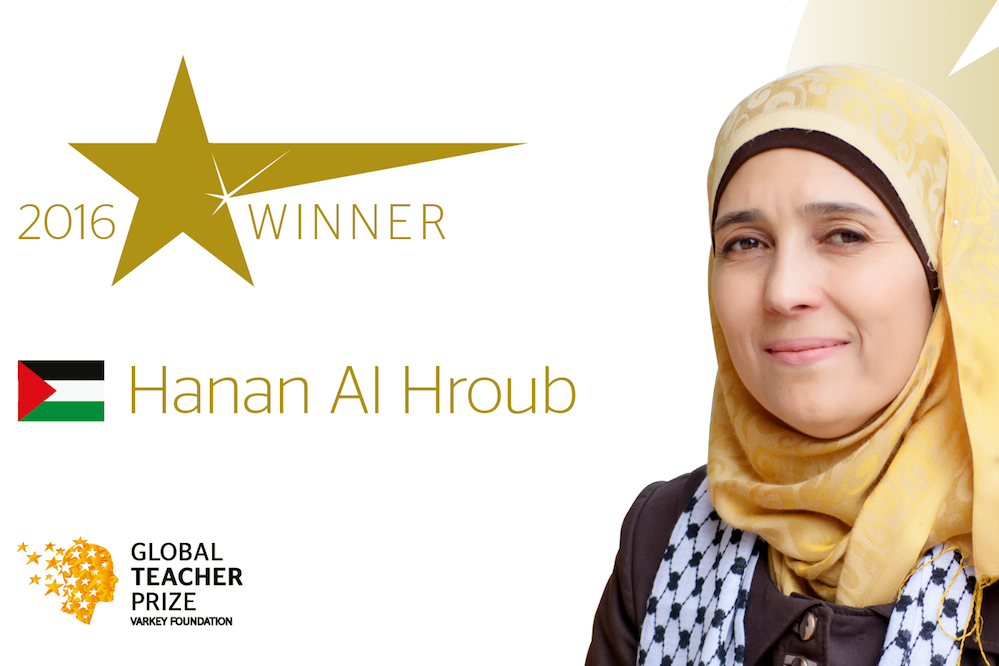Salima Begum (Pakistan)
Salima teaches at the Elementary College for Women in Gilgit. She has helped to make parents aware about girls’ education and its benefits. She believes classroom activities should correspond closely to real-life situations.
Salima has trained more than 7000 teachers across her province and 8000 more throughout Pakistan. If she wins, she will donate the money to a fund to support girls’ education in her country.


